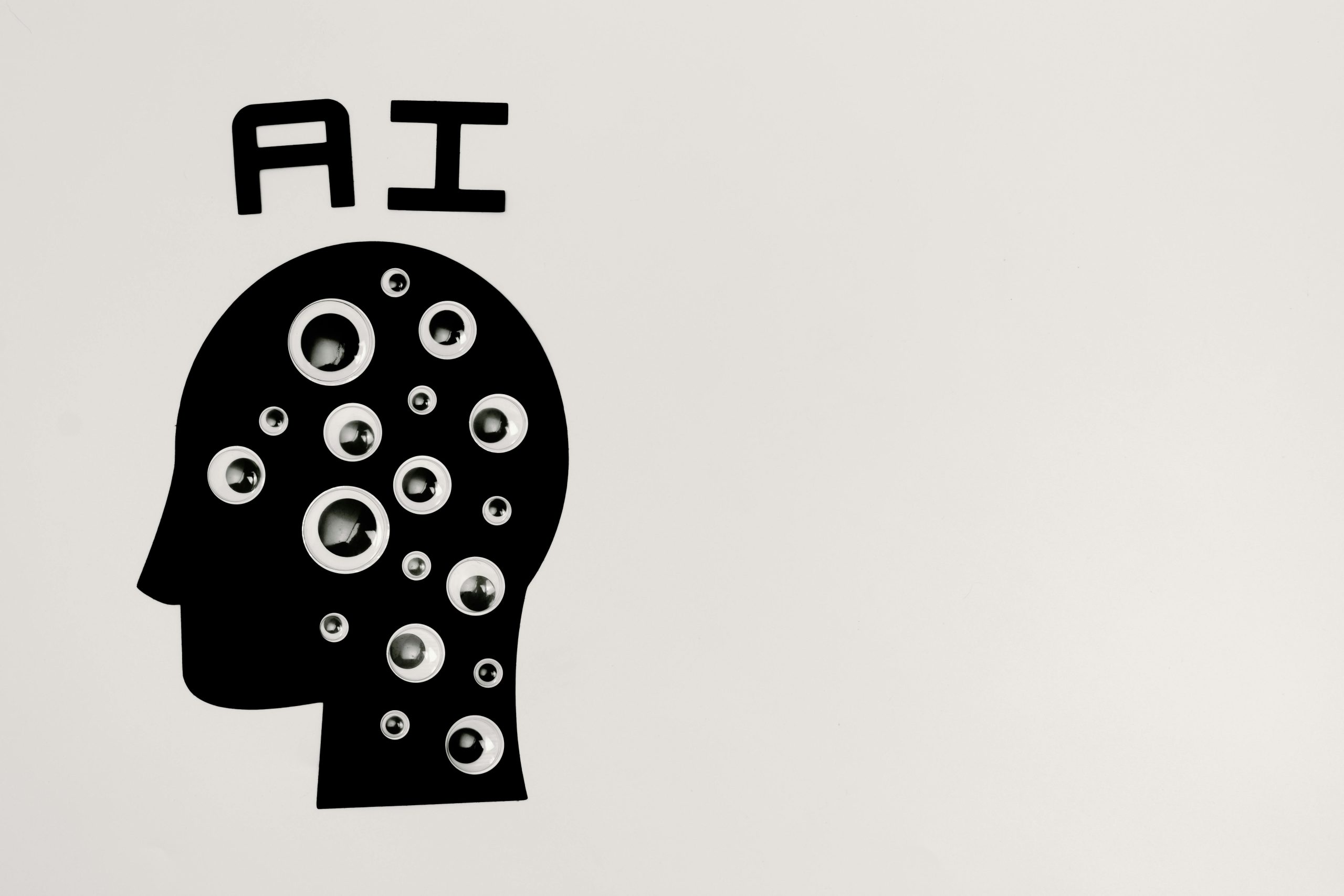The Role of Artificial Intelligence in Combating the Covid-19 Pandemic
Over the years, artificial intelligence (AI) has transformed various industries, establishing itself as a vital tool in sectors such as finance, manufacturing, and customer service. However, its significant impact on healthcare, particularly during the Covid-19 pandemic, has been nothing short of revolutionary. In this post, we will explore the numerous ways AI has contributed to managing and mitigating the effects of the pandemic.
Enhancing Diagnostic Capabilities
One of the most noteworthy applications of AI during the pandemic has been in the realm of diagnostics. Machine learning algorithms enabled faster and more accurate detection of Covid-19 from medical imaging and diagnostic tests. By analyzing huge datasets, AI systems can identify patterns and anomalies that may escape human observation, thereby streamlining the diagnostic process and ensuring timely interventions.
Accelerating Vaccine Development
The race to develop effective vaccines against Covid-19 was unprecedented, and AI played a crucial role in expediting this process. By simulating and analyzing potential vaccine candidates through computational models, researchers could identify promising leads without the need for lengthy lab processes. This accelerated pace significantly shortened the usual timeline for vaccine development, bringing lifesaving options to the public sooner.
Understanding Virus Spread and Managing Resources
AI has also been instrumental in tracking the spread of the virus. Through predictive modeling and data analysis, AI technologies have helped epidemiologists forecast outbreaks and evaluate the effectiveness of various public health measures. Additionally, AI-driven tools have been utilized to optimize resource allocation in hospitals, ensuring that medical staff and equipment are deployed where they are most needed.
Supporting Telehealth Services
As the pandemic required social distancing measures, the demand for telehealth services surged. AI-powered chatbots and virtual assistants emerged as valuable resources for providing immediate support and information to patients. These tools have facilitated patient screening, appointment scheduling, and even preliminary consultations, helping to alleviate the burden on healthcare systems during peak crisis periods.
Conclusion
Artificial intelligence has proven to be an invaluable asset in responding to the challenges posed by the Covid-19 pandemic. From improving diagnostics and expediting vaccine development to tracking virus spread and enhancing telehealth services, AI has demonstrated its potential to save lives and improve public health outcomes. As we move forward, it is clear that AI will continue to play a pivotal role in shaping the future of healthcare and our ability to manage global health crises.
Stay tuned for more insights into how emerging technologies are transforming various sectors!

